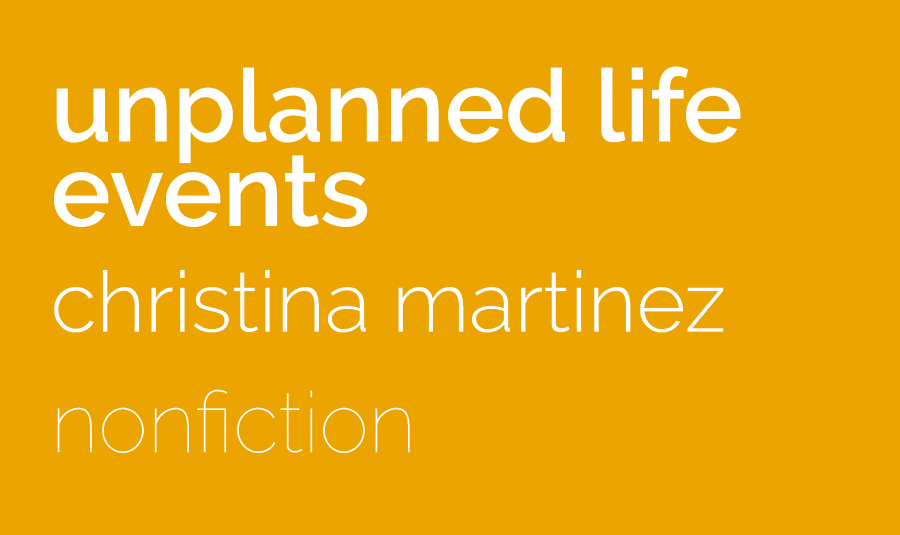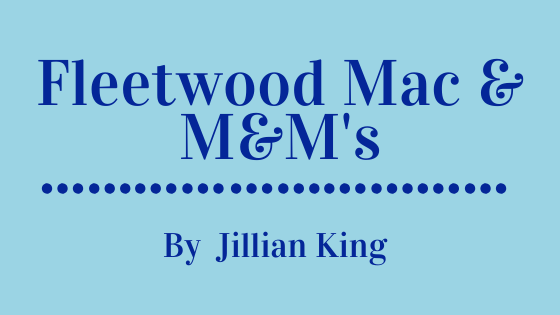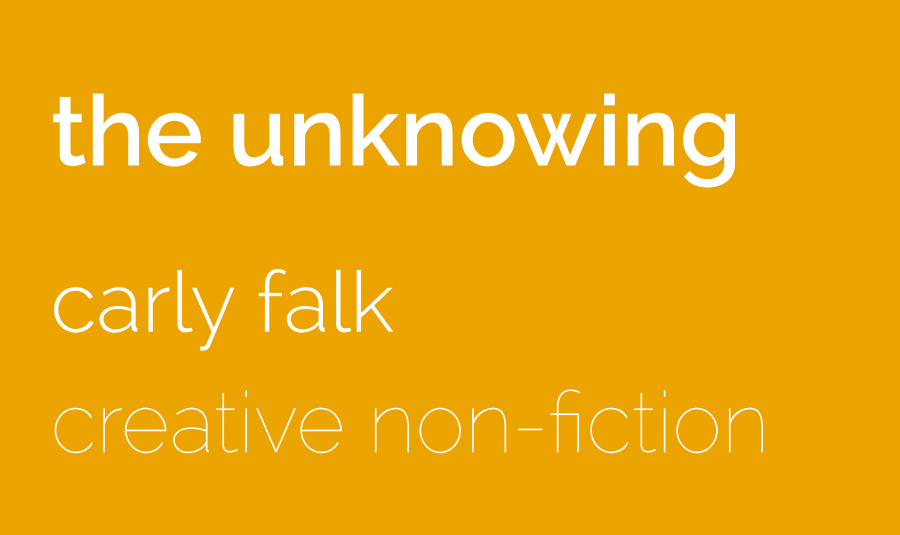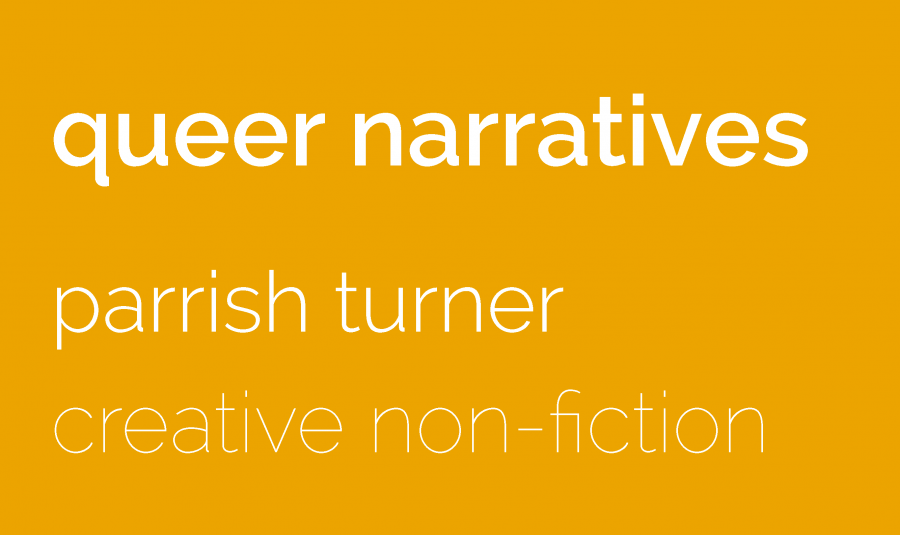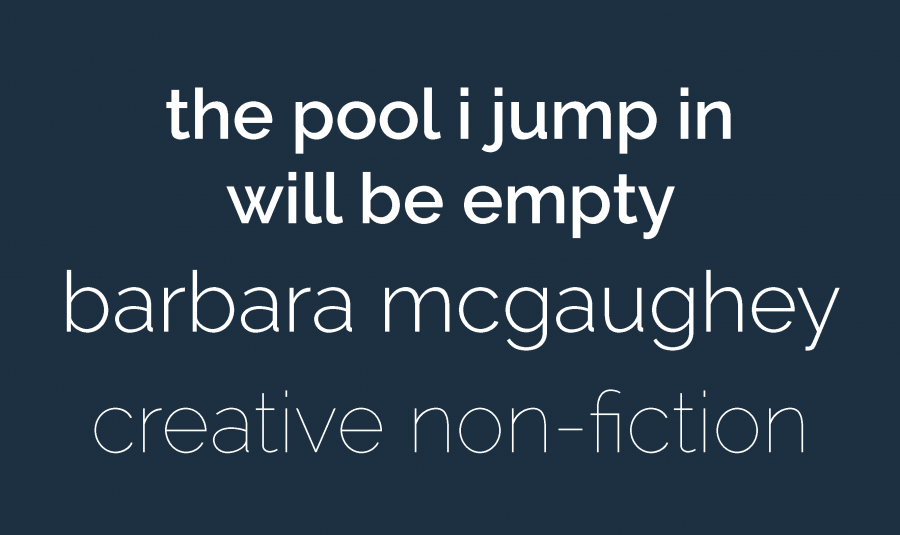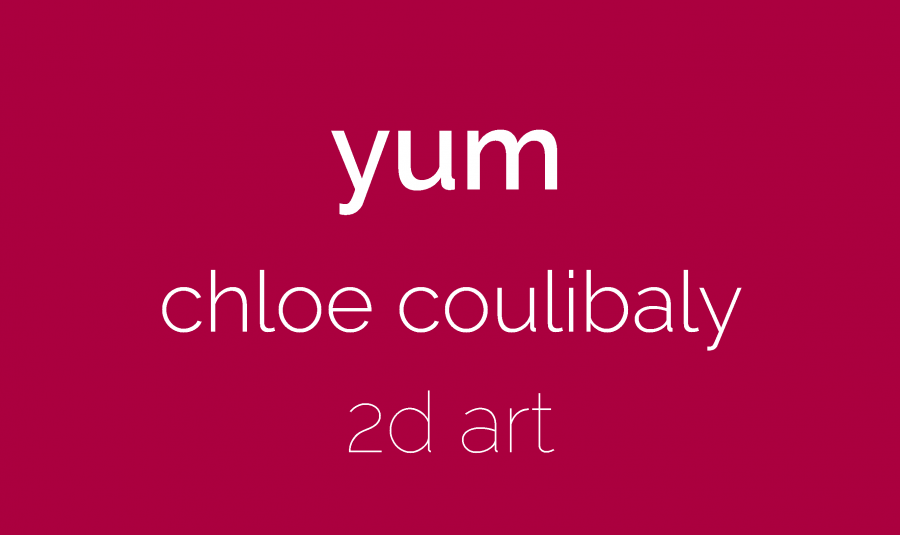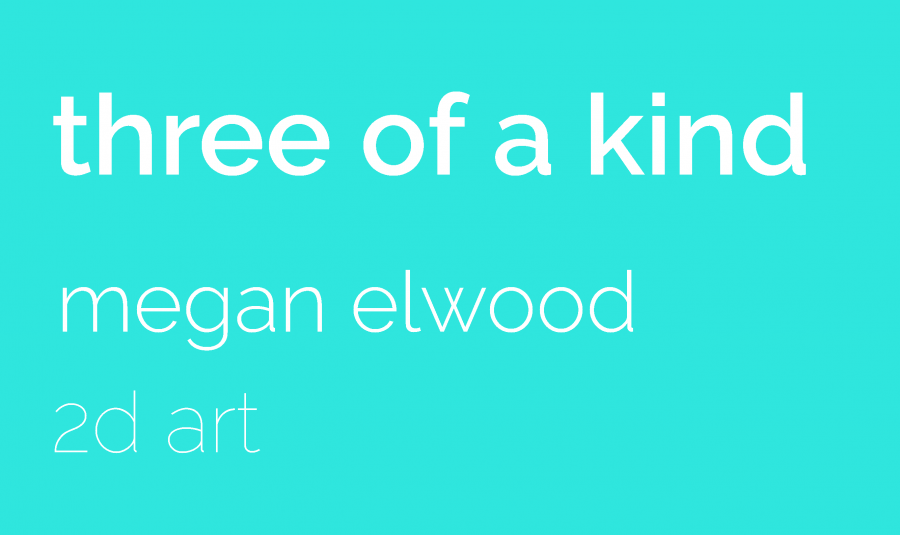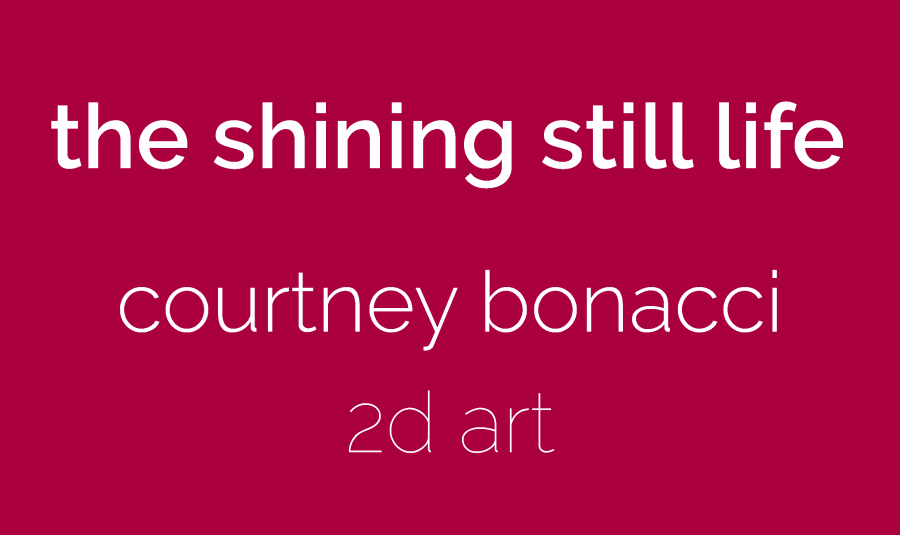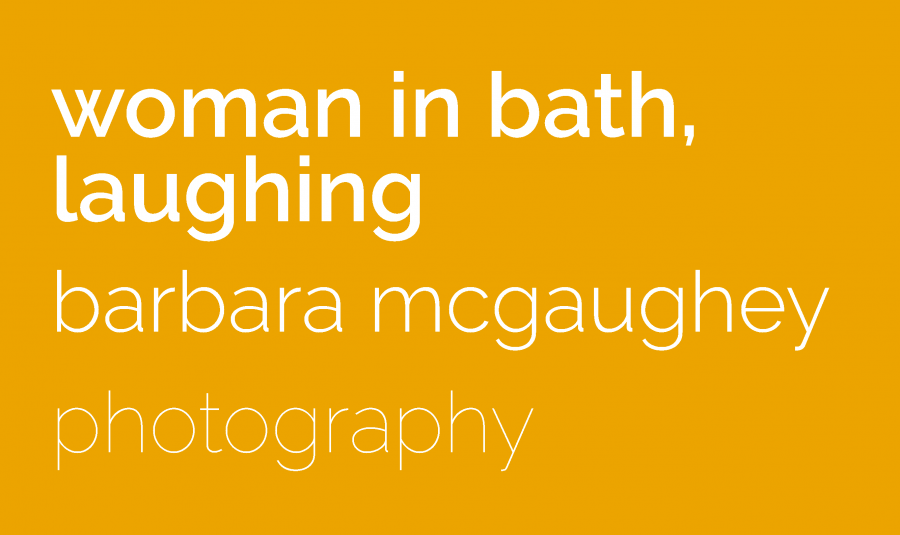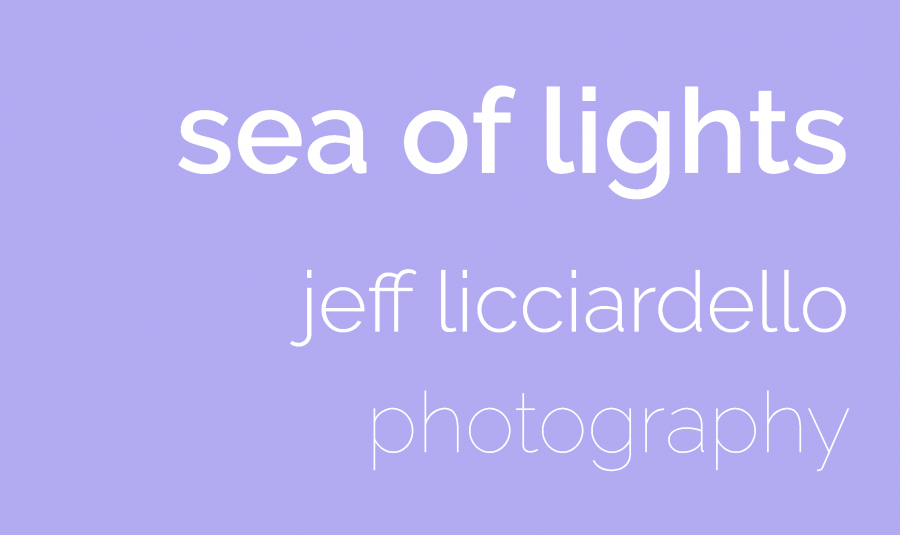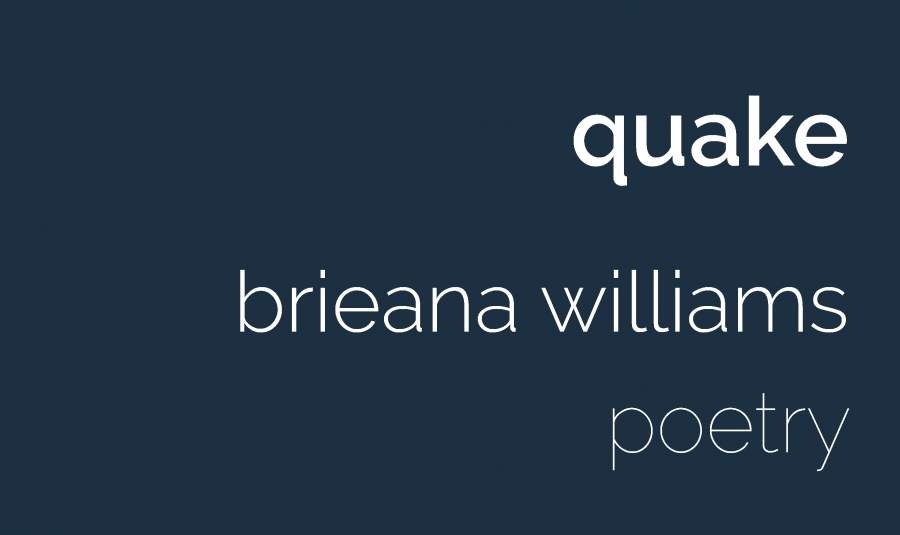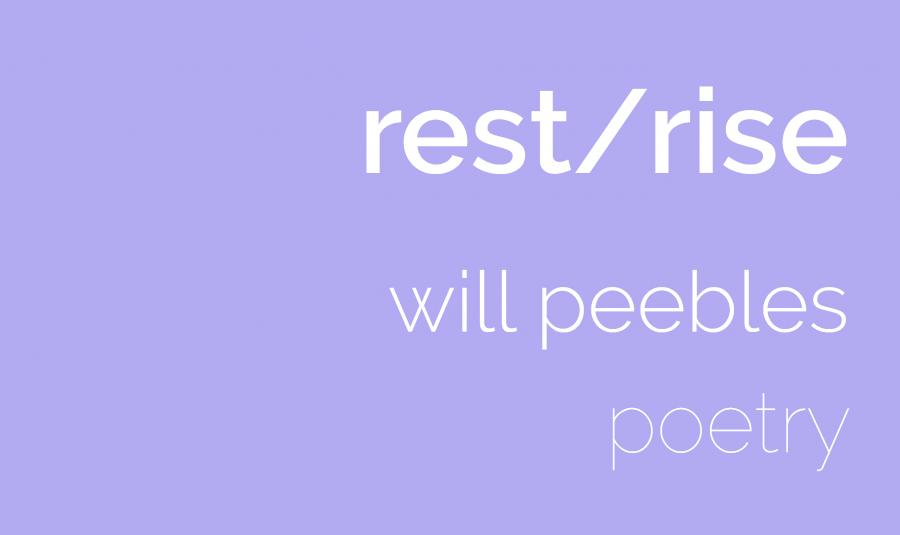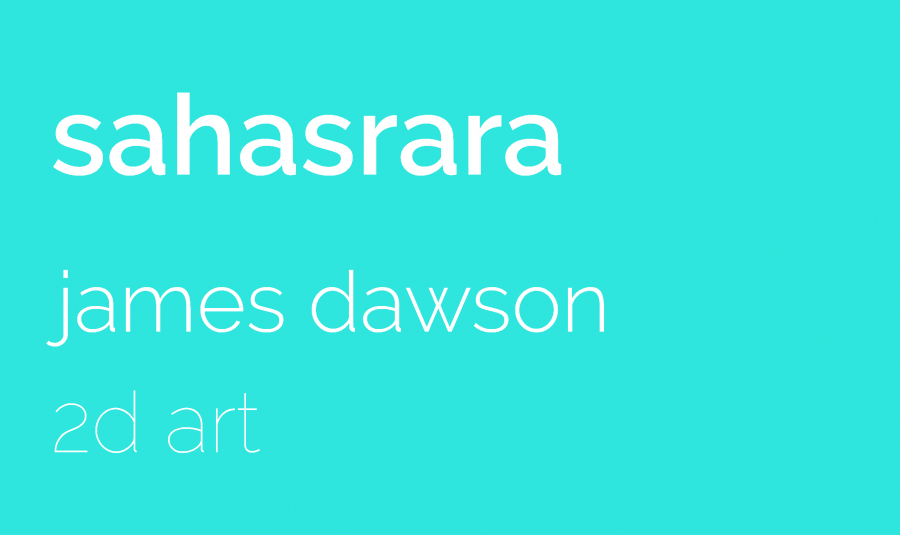By Christina Martinez, Senior, Writing & Linguistics
Sociology, being the study of society, involves interactions, relationships, cultures, communities, and people: all of which is humanity. Taking a look at Sociology of the Life Course, I find the important part the “life” portion.
Life and humanity. As humans, we often spend our lives trying to “live.” We go through trials and triumphs. That brings us to the idea of “life events.” Things like birthdays, funerals, terrorist attacks against your home country, The Great Depression, and the day you have your first child. These events vary in form. You can look at them as planned life events or unplanned life events.
What’s the most important life event? Perhaps birth because that signifies the start of your life. Or is it death? Which signifies the end of your life, the end of opportunities to experience any sort of life events at all. Does death take your humanity?
Humanity is such a solid idea, a unifying of all persons from all cultures, races, sex, gender, dysfunctional families, social classes, etc. What makes us human and what I consider the most important unplanned life events are the same.
Emotions. They make us human. We are expected to cry when something is sad, but the overwhelming rush of pure sadness is an event itself- completely unplanned. Emotions are unplanned life events.
Having emotions is what makes us human because it is a realization of our own humanity, an observation of our own existence. Yes, unplanned events, like the death of your German shepherd named Todd II or the diagnosis of mouth cancer for your high school love who turned out to be the love of your life, happen in our lives. Yes, events are experiences we can pinpoint on the timeline of our lives and we are all so preoccupied with mapping out our lives that we forget about the precious, inevitable unplanned events. The more important, more frequent unplanned life events are the emotions- the rushes of humanity.
I see the mark on my calendar from more than four years ago- a red line outlining the square box of the date of some life event I will remember for the rest of my life. I remember the season, the warmth of the summer sun, the heat settling over the black pavement of the parking lot, the red Mustang that always took my spot and how it was more of a cranberry than red, dust moving like a ghost through the chain link fence from the baseball fields, the old man who gave up his farm so that the county could build our school. Then, there’s always the smile I can picture in my mind, along with the face and freckles. The memory of happiness.
And this life event, marked on my calendar, the graduation caps sitting on our heads as the sweat slept softly on our pristine skin, curled up in our pores in a hot slumber, the photo taken that day, is what triggers an unplanned life event, an emotion of sadness.
To sit and think how a memory of happiness can catapult you into sadness, rush you into a glass box where you watch humanity thrive, is living. All at once, you become aware of your own life, a human, living and breathing, and humanity is before you, laid out like map, beautifully folded in spots, dog-eared at others. You realize humanity is not mapped out, cannot be marked on a calendar, but rather remembered through a series of unplanned events that make up life.
May 11th. He looked down at me in the crowd of gowns and kids I’d gone to school with since childhood and their parents and the flashes of cameras not needed as the sun took its spot in the day. He looked down at me, his eyes more blue as they pressed against the golden glow of the summer sun, and he saw me for the first time. Me, standing alone on top of the sea of humanity yet drowning in it all at once.


